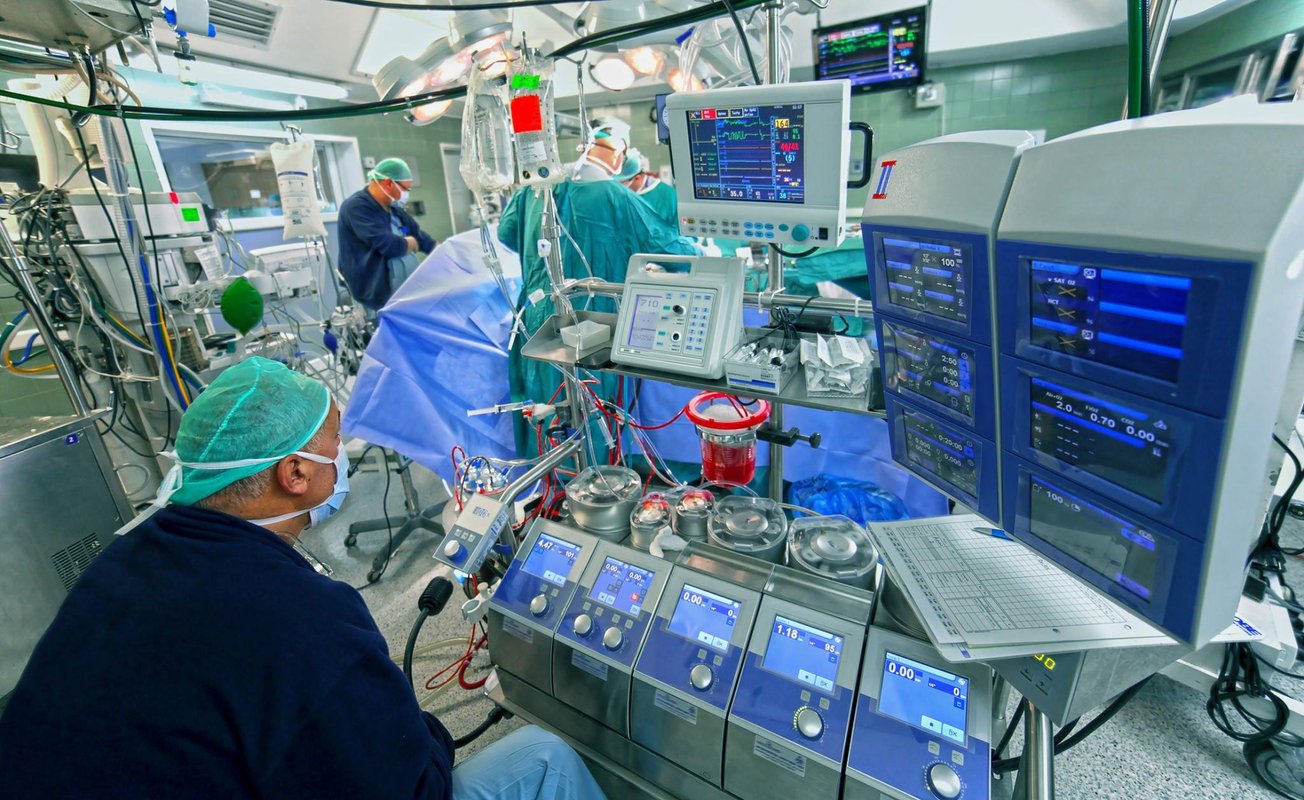$309 total
$276 total
$285 total
$296 total
No cost info
No cost info
$607 total
No cost info
$1,599 total
No cost info
In the field of healthcare, effective and efficient training is a prerequisite to performing tasks successfully. One of the essential training programs that healthcare professionals need is Advanced Cardiovascular Life Support (ACLS). This blog post brings you all the necessary details about ACLS classes in Springfield and how you can find the best ones for you.

ACLS stands for Advanced Cardiovascular Life Support. It is a training program that equips healthcare professionals with the skills and knowledge to handle severe and life-threatening situations, especially those involving the cardiovascular system. ACLS training majorly focuses on the immediate response to cardiac arrest, stroke, and other emergencies that require rapid intervention.
There are certain prerequisites that a student must meet before enrolling for ACLS training. These requirements ensure the student's readiness to grasp the advanced concepts taught in the class.
Basic Life Support (BLS) Certification: BLS is a fundamental training that introduces students to basic emergency response skills. It is a prerequisite for ACLS because the latter builds on the concepts learned in BLS.
Medical Background: ACLS is an advanced training program, and it often requires that participants have a medical background. This could be as a registered nurse, paramedic, physician, or any other healthcare professional.
When searching for ""ACLS classes near me in Springfield,"" there are key factors you should consider to ensure you choose a class that suits your needs.
Accreditation: The course provider should be accredited by recognized bodies such as the American Heart Association (AHA). This ensures the course content meets set standards.
Flexibility: Depending on your schedule, you might prefer classes that offer flexible learning options like part-time studies or online learning.
ACLS classes are typically engaging and interactive. They involve a mix of theoretical lessons and practical sessions. Here's what a typical day in an ACLS class might look like:
Theory Lessons: During these sessions, you'll learn about the advanced interventions for cardiac arrest, stroke, and other emergencies. This might involve studying algorithms, pharmacology, and other relevant topics.
Practical Sessions: These are hands-on sessions where you get to apply what you've learned. They often involve using mannequins to practice interventions such as defibrillation and airway management.
After completing the ACLS course, the next step is certification. This process varies depending on the institution providing the training, but it generally involves the following steps:
Examination: You'll be required to take an examination to evaluate your understanding of the course content. This could be a written test, a practical exam, or both.
Certification: Once you pass the examination, you'll be awarded an ACLS certification. This certification is usually valid for two years, after which you'll need to take a renewal course.
With an ACLS certification, various job opportunities open up within the healthcare sector. You can leverage online job boards, networking, and resources like Dreambound to find related jobs in your area.
After acquiring an ACLS certification, there are other training programs you can consider to further enhance your skills. These include:
Pediatric Advanced Life Support (PALS): This course focuses on emergency services for children and infants.
Critical Care Paramedic (CCP): This advanced course equips paramedics with the skills to provide critical care in pre-hospital settings.
The role of ACLS in healthcare is crucial. It trains healthcare professionals to respond to cardiovascular emergencies, potentially saving countless lives.
ACLS certifications are valid for two years. After this period, professionals need to renew their certification by taking a renewal class. This ensures they stay updated with the latest guidelines and practices.
The digital age has made it possible to undertake ACLS training online. This offers flexibility to those who may not be able to attend in-person classes.
While both ACLS and BLS are life support training programs, they differ in complexity and scope. BLS forms the foundation, while ACLS builds on it with more advanced concepts and techniques.
ACLS is a vital qualification for any healthcare professional dealing with emergencies. When looking for ""ACLS classes near me in Springfield,"" consider factors such as accreditation, flexibility, and the institution's reputation. Remember, the goal is not just to get certified, but to acquire the skills necessary to respond effectively to life-threatening emergencies. For more information about vocational training programs or related jobs, visit Dreambound.
Navigate the certification journey in this field with Dreambound's detailed guides, each crafted for various cities. For a deeper understanding of the process in other states, our additional guides may be able to help.
Contemplating a change in your career path? Dreambound has written many comprehensive guides to aid you in making well-informed decisions.
Dreambound's platform allows prospective students to find the right educational program for them through searching, filtering, and connecting with our extensive selection of career & technical education partners.
Dreambound has over 70 programs across healthcare, technology, business, and industrial trades. This includes programs such as Medical Billing, Cybersecurity, and welding.
Some of our schools offer financial aid for those who qualify. Many others offer payment plans, where you can pay the cost of class over time.
Yes, Dreambound offers many online programs. On Dreambound's search, you can filter by online, in-person, and hybrid (part online, part in-person).
Dreambound is completely free for you to use! We are supported by schools and organizations who pay to advertise on our website, so we can offer all of our career resources for free.